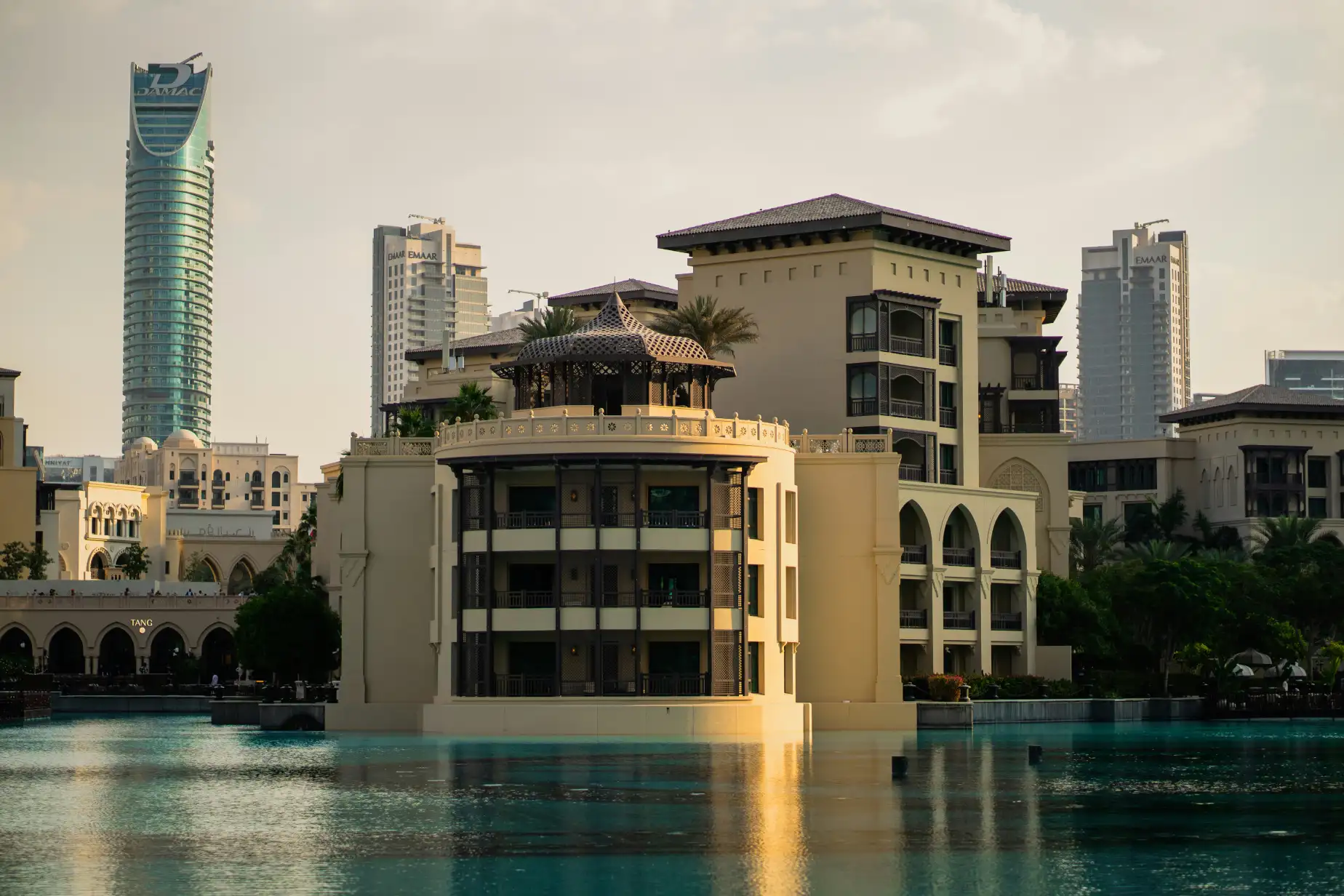Understanding Long-Term Rentals in Dubai
Long-term rent in Dubai is one of the most common ways for residents and expatriates to secure housing. Unlike short-term or holiday rentals, long-term leases are designed for stability, usually lasting one year or more. They are legally regulated under RERA tenancy laws, which protect both tenants and landlords through standardized contracts and transparent procedures.
At Broker in Dubai, we guide tenants and investors through every step, from finding a suitable property to understanding legal obligations and registering contracts through Ejari.
How Long-Term Rental Contracts Work
A typical long-term rental agreement in Dubai lasts 12 months, renewable upon mutual consent. Contracts must clearly outline the rent amount, payment schedule, deposit terms, and maintenance responsibilities.
Payments are usually made via post-dated cheques, but digital payment options are becoming increasingly common. Once the contract is signed, it must be registered with Ejari, which ensures that the tenancy is legally recognized by RERA and can be enforced if disputes arise.
Landlords are required to provide proper notice before increasing rent or requesting a tenant to vacate. Rent increases are governed by the RERA Rent Index, which limits how much landlords can raise the price depending on current market averages.
Benefits of Long-Term Rentals for Tenants
Long-term leases offer several advantages compared to short stays or monthly rentals.
- Price stability: Fixed rent for the contract term helps tenants plan expenses.
- Security of tenure: Legal protection against sudden eviction or rent hikes.
- Access to better housing: Landlords often prefer long-term tenants, providing access to well-maintained apartments and villas.
- Eligibility for services: Registered Ejari contracts are required for setting up utilities like DEWA and applying for a residence visa.
For families and professionals, this structure provides the comfort and consistency needed for everyday life in Dubai.
Benefits of Long-Term Rentals for Property Owners
Owners also benefit from long-term contracts, as they provide predictable income and lower vacancy rates.
- Stable returns: A year-long tenancy secures steady cash flow.
- Reduced turnover costs: Less frequent tenant changes mean lower maintenance and marketing expenses.
- Reliable legal protection: RERA’s tenancy framework ensures landlords can act against unpaid rent or property misuse through official channels.
Many investors prefer to lease their properties long-term rather than operate them as short-term rentals, particularly in family-oriented areas like Dubai Hills or Jumeirah Village Circle (JVC).
Key Legal Obligations for Tenants and Landlords
Both parties must adhere to RERA’s regulations to maintain a valid tenancy.
- Tenants must pay rent on time and maintain the property in good condition.
- Landlords must handle structural repairs and major maintenance.
- Any rent adjustment or eviction must follow legal notice periods.
- Disputes are handled by the Rental Dispute Settlement Centre, where Ejari-registered contracts serve as primary evidence.
Failing to register or renew Ejari may result in loss of legal protection for both sides.
How Broker in Dubai Can Help
At Broker in Dubai, we assist clients throughout the rental process by:
- Matching tenants with verified landlords and RERA-compliant listings.
- Ensuring contracts meet legal standards before signing.
- Assisting with Ejari registration and renewal.
- Advising landlords on market-competitive rent pricing.
Whether you are looking to rent an apartment in Downtown Dubai or a villa in Dubai South, our licensed brokers ensure each tenancy agreement is transparent and secure.



